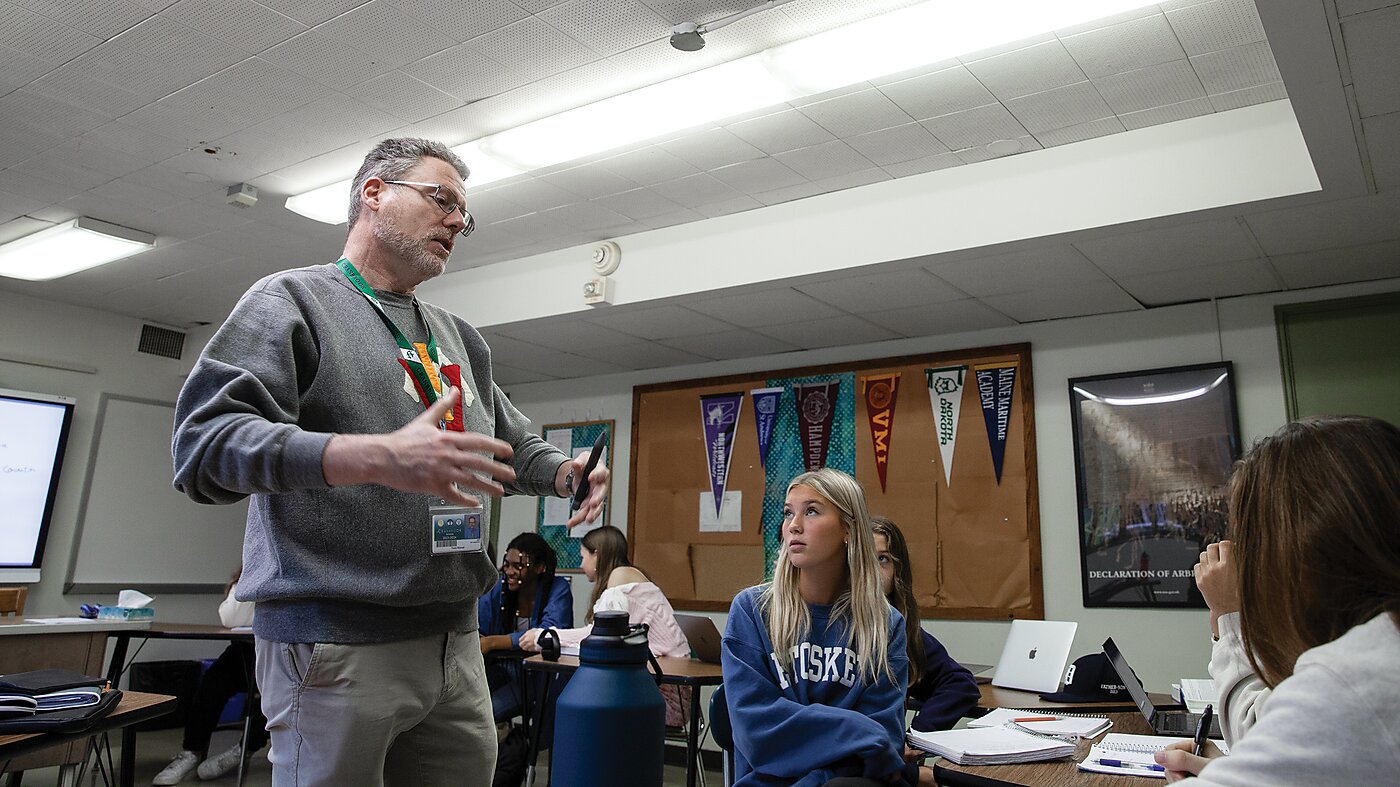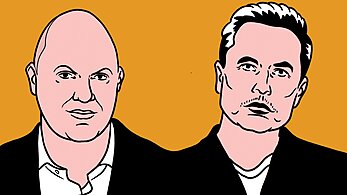“It has been a dramatic change. I’ve seen the way my students interact with each other and with the world around them change—especially since the advent of smartphones,” Wiswall says.
Wiswall has taught for 26 years at Cranbrook Schools, a private college preparatory school in Bloomfield Hills, Michigan. Last fall, he resumed teaching US history after more than a decade—a challenge he faces with both excitement and trepidation.
“This can be the most stimulating or the most divisive subject right now,” Wiswall says. “Many topics in American history have become politicized. For some of my students, this has encouraged them to be more confrontational. For others, I think they don’t feel comfortable expressing their views in class for fear of being on the ‘wrong side’ of a given issue.”
The teaching of US history has become a major political battleground. Approaches to teaching topics like the Civil War, the civil rights era, and America’s Founding are hotly contested by students, parents, and policymakers alike.” ““It’s not just a flashpoint in education; it’s a flashpoint echoing throughout all of American culture,” Wiswall says.
The increasing politicization of historical subject matter—combined with what Wiswall believes is an overreliance on social media to form political views—has hampered free speech and civil discourse in schools. Rather than relying on facts, reason, and analysis in forming political opinions, Wiswall observes many students using the internet and social media to find content that confirms their biases rather than taking the time to research and understand an issue from every angle.
“The expansion of personal technology has eroded my students’ ability to focus and fragmented the sense of community. It’s made me adapt how I teach and how I encourage participation,” Wiswall says. “What I’ve learned from Sphere has helped with that.”
Sphere Education Initiatives provides professional development seminars and teaching resources to middle and high school educators to help them bring tough conversations on key policy topics into their classrooms. A suite of curriculum content introduces students to diverse points of view—libertarian, conservative, and progressive—and models free speech, respect for viewpoint diversity, and civil discourse.





